New Delhi, Sep 05 (V7N) — As the political situation in Bangladesh stabilizes following the resignation of Sheikh Hasina, India's long-time ally and former Prime Minister, a diplomatic conundrum is emerging in New Delhi. Hasina, who stepped down from office on August 5 amid nationwide protests led by students, remains in India, creating a challenge for India's relations with the new interim government of Bangladesh.
According to a report by the BBC, Sheikh Hasina’s extended stay at a military base near Delhi is raising concerns about India’s ability to maintain strong ties with the newly installed interim government headed by Nobel laureate Dr. Muhammad Yunus. The Indian government finds itself in a delicate position as it navigates the fallout from the abrupt end to Hasina’s 15-year rule, during which Bangladesh became a strategic partner for India.
Hasina’s government had been a critical ally for New Delhi, particularly in the area of border security. Under her leadership, Bangladesh cooperated in dismantling armed insurgent groups along the 4,096 km border shared by the two countries, especially benefiting India’s northeastern states. In addition to security, economic ties between the two countries flourished, with India extending more than $7 billion in loans to Bangladesh for infrastructure and development projects since 2010.
However, the mass protests that led to Sheikh Hasina’s resignation were driven by growing public dissatisfaction, including allegations of vote rigging in her last three elections. Many Bangladeshis are frustrated with India’s steadfast support for the Awami League during these controversial elections, which has led to a rise in anti-India sentiment in the country.
In the weeks following Hasina's resignation, Indian Prime Minister Narendra Modi has reached out to the interim government in Dhaka, holding a phone call with Chief Adviser Dr. Yunus to ensure that bilateral ties remain on solid ground. However, experts say that the challenge for India lies in overcoming a "trust deficit" with the opposition Bangladesh Nationalist Party (BNP), which is seen as a critical player in the country's upcoming elections.
Pinak Ranjan Chakraborty, a former Indian High Commissioner to Dhaka, acknowledged the complexity of the situation, stating, "This is a shock in the sense that any kind of unrest in our neighboring countries is always undesirable." While he emphasized that India must work with the new government, the task of rebuilding trust with the BNP could be challenging, especially given past tensions.
BNP leaders, including Moin Khan, have expressed frustration with India’s historical preference for the Awami League, describing it as a strategic error. He emphasized that the BNP, if victorious in upcoming elections, will not harbor any anti-India insurgents, a common accusation during their previous time in power from 2001 to 2006.
Adding to the complexity of India's diplomatic challenge is the influence of China in the region. Beijing has been expanding its influence in Bangladesh, as well as other neighboring countries such as Sri Lanka and the Maldives. With Bangladesh’s economy heavily dependent on Indian trade, New Delhi is keen to maintain its influence, but it must tread carefully to avoid fueling anti-India sentiment.
The prolonged stay of Sheikh Hasina in India could become a further diplomatic sticking point. While there has been no formal request for her extradition from the new government in Dhaka, any indication that India is harboring a former leader who speaks out against the interim government could be perceived as interference in Bangladesh’s internal affairs. Hasina’s son, Sajib Wazed Joy, has already made statements critical of the current government, sparking public outrage in Bangladesh.
In the coming months, India will need to recalibrate its foreign policy toward Bangladesh to ensure that it maintains its position as a regional power while managing the delicate transition in its neighboring country. Analysts suggest that India should take a more inclusive approach toward Bangladesh’s political landscape, engaging with both the BNP and the interim government to foster stability and avoid pushing Bangladesh further into China’s orbit.



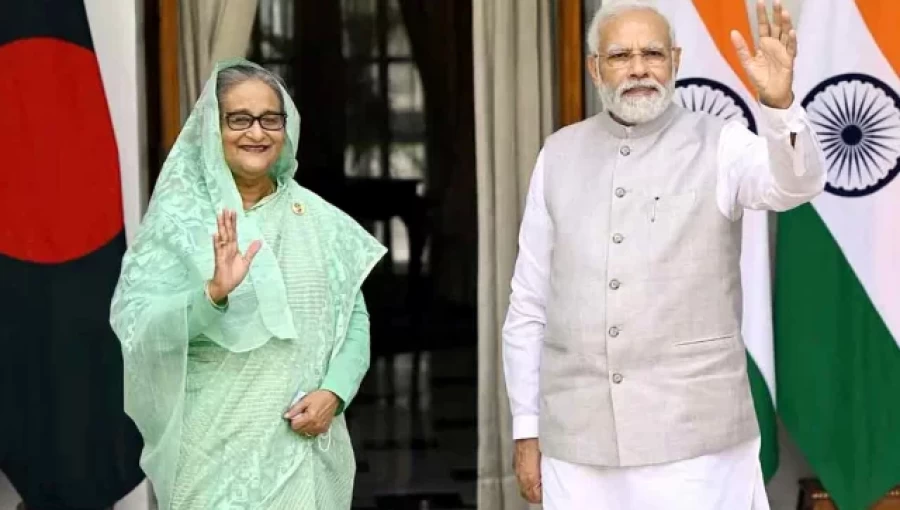
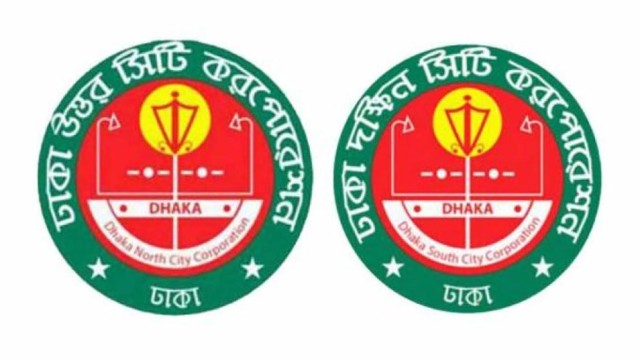
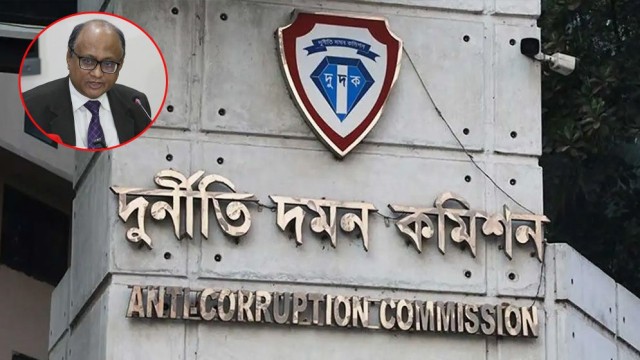
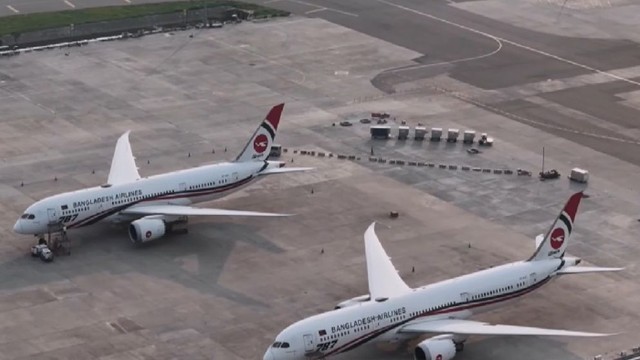
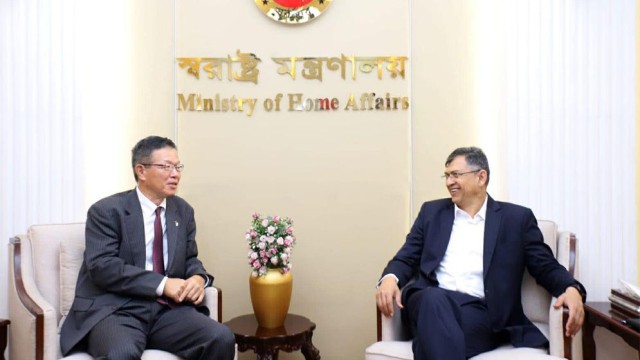
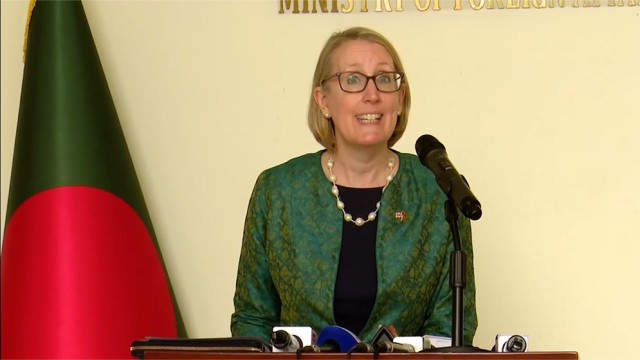
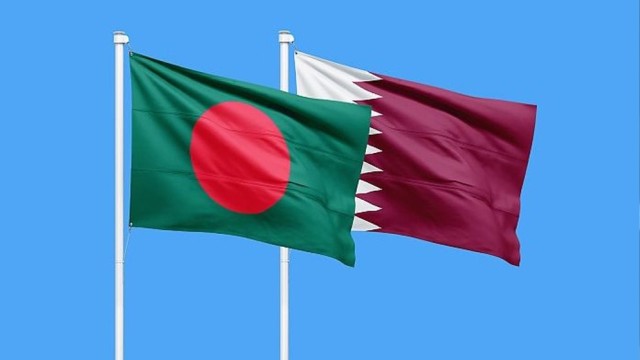


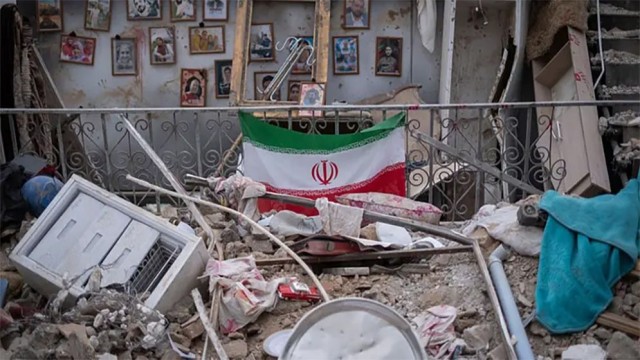
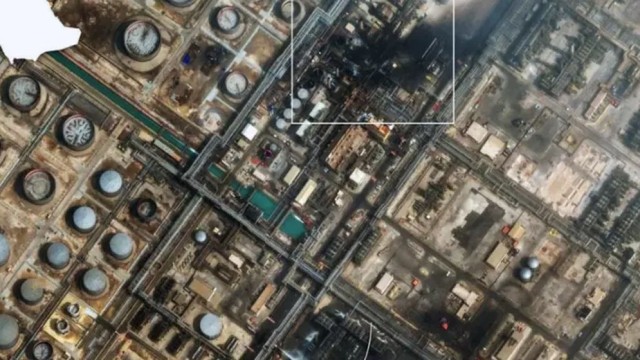

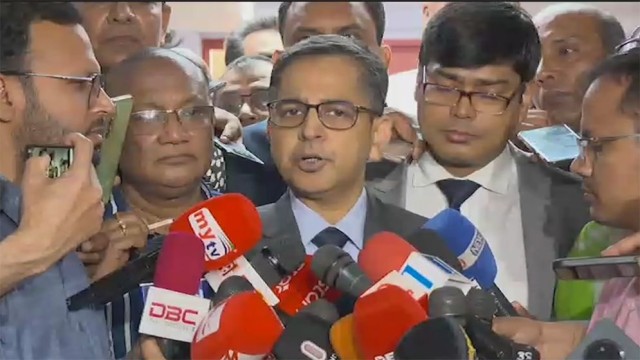












Comment: